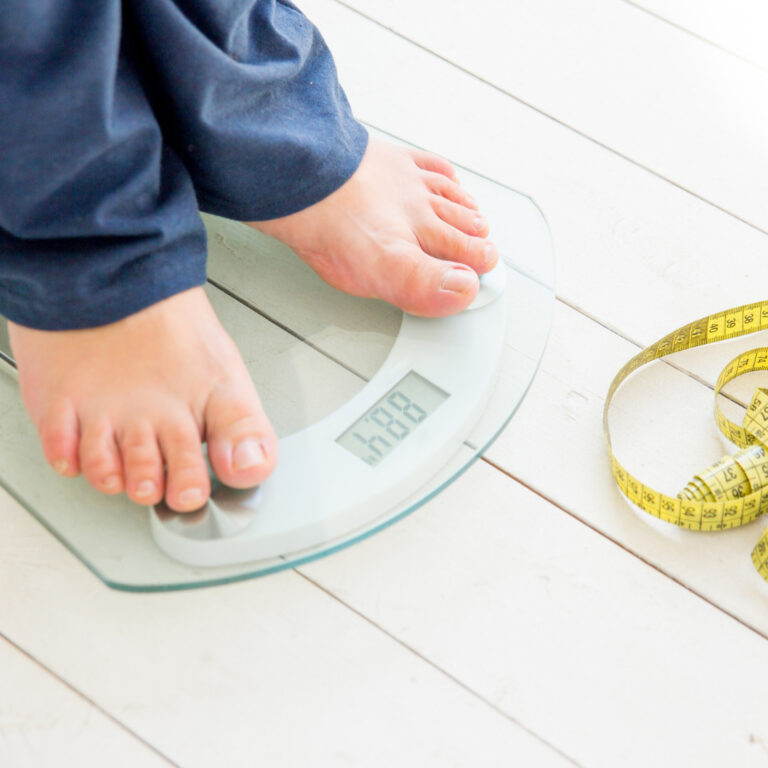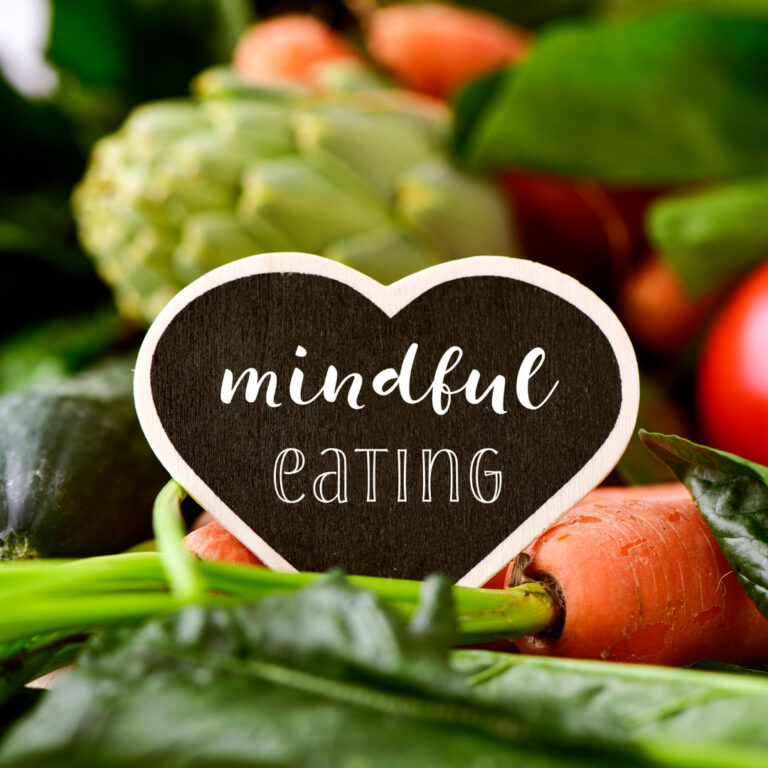Why gut health is important for belly fat

If you’ve been hearing talk about gut health lately, it’s for good reason — experts know it plays an important role in overall health. They even refer to the gut as the “second brain,” as it is responsible for getting the whole body into working order. Research shows the bacteria and other microbes living in the gut (which makes up our microbiome), can influence the risk of many things such as developing heart disease andType 2 diabetes, Anxiety and depression and how much visceral fat (aka belly fat) you have.
That’s why you’re here so let’s learn what gut health is and how to make improvements.
What is gut health?
Gut health refers to the overall well-being and optimal functioning of the gastrointestinal (GI) tract, which includes the stomach, small intestine, and large intestine (colon). The gut plays a crucial role in digestion, absorption of nutrients, and elimination of waste from the body. It is also home to a diverse community of microorganisms known as the gut microbiome
The gut microbiome consists of trillions of bacteria, viruses, fungi, and other microorganisms that coexist with our body. These microbes have a symbiotic relationship with us, providing various benefits such as aiding in digestion, producing vitamins, strengthening the immune system, and even influencing mental health.
How do you know how healthy your gut is?
The question now is how can you tell if your gut is healthy and functioning as it should? Below are some signs you need to pay attention to.
This is going to get personal…let’s talk about poop. We never talked about poop when I was growing up. Not sure why? Most of my life I’ve had digestive issues but we just never talked about it (not a good thing). Pooping is a clear sign of your body’s overall health so if you aren’t talking about it, you should be so let’s go.
1. The first sign of good gut health is that you have a regular bowel movement pattern.
There are no set rules as to how often you should go number 2, as it can vary significantly between individuals. Generally, moving your bowels between three times a day (OMG I’ve never done that) and three times a week is considered healthy. You should also be doing it during the day time.
If you notice any major changes in your normal habits, or if you are having to get up during the night to pass a stool, this could be a sign that something’s not quite right and you should speak to your doctor.
2. Second sign of good gut health is you are passing healthy stools.
The color and consistency of your stools are important indicators of your gut health. I actually have a poop log book that I got for my brother in law as a gag gift. I has you score your poop, I may get that one out (he passed away and I still have it). For some reason when we were around him the subject of poop always came up. It wasn’t about his poop but animal poop, or baby poop or ??? He lived in the mountains and would share pictures of the poop he found; donkey’s bear, coyote…it was kinda funny.
You should be on the look out for poop that:
- Has a smooth texture
- Has a sausage shape that passes as a single large stool or in a few smaller pieces
- Sinks in the toilet bowl
- Unhealthy stools can be a warning sign of things of a poor diet, dehydration, food intolerances, stress, or underlying health issues. Stools that are lumpy or hard; too soft or runny; or of a different color unrelated to what you just ate usually signify an unhealthy gut. In such a case, you should see your doctor.
3. You should have a good gut transit time.
Gut transit time refers to how long it takes for the food you eat to be digested and travel through your gut. While this can vary widely between people, the ideal gut transit time is around 28 hours.
If your transit time seems too short or too long, you should speak to your doctor, as it may indicate a problem, such as food intolerance, constipation, or dumping syndrome – a condition in which food travels too quickly from your stomach to your small intestine.
4. Fourth sign of a healthy gut is you don’t feel any discomfort during bowel movement.
Being able to pass a stool comfortably is a sign of a healthy gut. If you are having to strain or are experiencing pain or discomfort when passing a stool, visit your doctor. It could be a sign of an underlying problem, such as constipation or irritable bowel syndrome (IBS).
5. Lastly, a healthy gut doesn’t get bloated after you eat.
Gas, in itself, is a byproduct of the trillions of bacteria that live in your gut and aid in normal digestion. People with healthy gut activity typically fart 10 to 20 times a day.
If you are experiencing persistent bloating, gut pain, nausea, weight loss, or are passing excessive gas, you should speak to your gastroenterologist, as these may signify an underlying digestive condition, such as ulcerative colitis (UC) or Crohn’s disease.
The major symptoms of poor gut health can vary but commonly include:
Digestive problems as I mentioned above: This may include bloating, gas, abdominal pain, diarrhea, constipation, or irritable bowel syndrome (IBS).
Food intolerances: Sensitivities or intolerances to certain foods, such as lactose or gluten, may develop.
Weakened immune system: Are you getting sick all the time? A significant portion of the immune system is located in the gut, and poor gut health can compromise its function, leading to more frequent infections or allergies.For example, your gut bacteria produce certain vitamins, including vitamin K, and communicate with your immune system to help your body fight off infection
Mood disorders: The gut and brain communicate through the gut-brain axis, and disruptions in gut health can contribute to mental health issues like anxiety and depression.
Fatigue and low energy levels: Poor absorption of nutrients and disrupted gut function can result in reduced energy levels and feelings of fatigue.
Skin problems: Conditions like acne, eczema, or psoriasis may be influenced by imbalances in gut health.
AND Belly Fat: Got belly fat, it may be your gut microbiome because they also influence how you digest certain foods and produce chemicals that help make you feel full. Therefore, your gut bacteria may influence your weight
A study I found examined the gut bacteria in 77 pairs of twins, one of whom had obesity and one of whom did not. The study found that those who had obesity had different gut bacteria than their twins without obesity. In particular, obesity was associated with lower gut bacteria diversity, meaning there were fewer types of bacteria in the gut. Even more alarming is the gut bacteria from people with obesity were put into mice and the mice gain weight. This suggests that gut bacteria could affect weight
So now that you know the importance of gut health, how to improve it?
First if you have any extremely bad symptoms don’t wait, Talk to your doctor or find a good naturopath. I was having an issue and my naturopath helped me get tested. This was a poop test and the results showed I had leaky gut and a gluten sensitivity .
What is leaky gut? Inside our bellies, we have an extensive intestinal lining covering more than 4,000 square feet of surface area. When working properly, it forms a tight barrier (think of nylon stockings) that controls what gets absorbed into the bloodstream. An unhealthy gut lining may have large cracks or holes (think of fishnet stockings), allowing partially digested food, toxins, and bugs to penetrate the tissues beneath it. This may trigger inflammation and changes in the gut flora (normal bacteria) that could lead to problems within the digestive tract and beyond. The research world is booming today with studies showing that modifications in the intestinal bacteria and inflammation may play a role in the development of several common chronic diseases.
Best things to do for a healthy gut:
- Eat a diverse and balanced diet: with a focus on these types of foods:
- Whole grains: Whole grains are grains that haven’t been refined. They’re high in fiber, which is digested by healthy gut bacteria and may aid weight loss
- Fruits and vegetables: Fruits and vegetables contain many different fibers that are good for gut bacteria. Eating an assortment of plant-based foods can improve gut bacteria diversity, which is linked to a healthy weight
- Nuts and seeds: Nuts and seeds also contain lots of fiber and healthy fats, which help support the growth of healthy bacteria in the gut
- Polyphenol-rich foods: These include dark chocolate, green tea and red wine.The polyphenols in these foods can’t be digested alone but are broken down by beneficial gut bacteria, promoting the growth of good bacteria
- Fermented foods: Fermented foods include yogurt, kombucha, kefir and sauerkraut. They contain beneficial bacteria and can minimize other disease-causing bacteria in the intestines
On the other hand, eating some foods in excess may harm gut your bacteria, including:
- Sugary foods: A diet high in sugar can stimulate the growth of certain unhealthy bacteria in the gut, which may contribute to weight gain and other chronic health disorders
- Artificial sweeteners: Think that diet soda is the best choice to lose weight WRONG. Artificial
sweeteners such as aspartame and saccharin reduce beneficial bacteria in the intestines, which may contribute to high blood sugar and weight gain - Foods containing unhealthy fats: Healthy fats such as omega-3s support beneficial bacteria in the intestines, whereas too many saturated fats may contribute to the growth of disease-causing bacteria
Other things to do:
- Stay hydrated: Drinking enough water supports healthy digestion and helps maintain the balance of fluids in your gut. Aim for around 8 cups (64 ounces) of water per day, or more if you engage in intense physical activity.
- Manage stress: Chronic stress can disrupt the balance of bacteria in your gut and affect digestion. Incorporate stress-management techniques into your routine, such as meditation, deep breathing exercises, yoga, or engaging in activities you enjoy. (learn more in my belly fat and stress deep dive)
- Get enough sleep: Quality sleep plays a vital role in maintaining a healthy gut. Aim for 7-9 hours of uninterrupted sleep each night to support optimal gut health. (read more on my belly fat sleep deep dive)
- Regular physical activity: Exercise helps stimulate regular bowel movements, reduces stress, and improves overall gut motility. Engage in moderate-intensity exercise, such as brisk walking or cycling, for at least 30 minutes most days of the week.
- Avoid unnecessary use of antibiotics: Antibiotics can disrupt the balance of bacteria in your gut. Use antibiotics only when necessary and under the guidance of a healthcare professional.
- Lastly consider probiotic supplements: Probiotics are beneficial bacteria that can support gut health. Consult with a healthcare professional to determine if a probiotic supplement is appropriate for you.
Conclusion
Remember that everyone’s gut health is unique, so it’s important to listen to your body and make adjustments that work best for you. If you have specific gut health concerns, it’s always a good idea to consult with a healthcare professional for personalized advice..
Need some help with exercise? Try one or more of my workout programs FREE for 7 days. Click HERE to view my workout library first.






